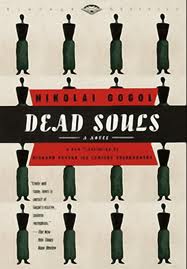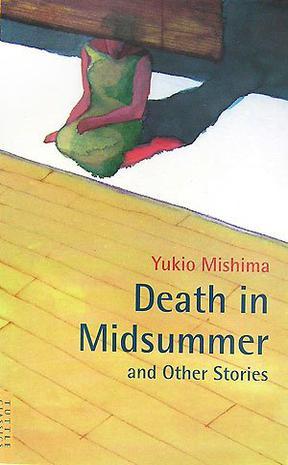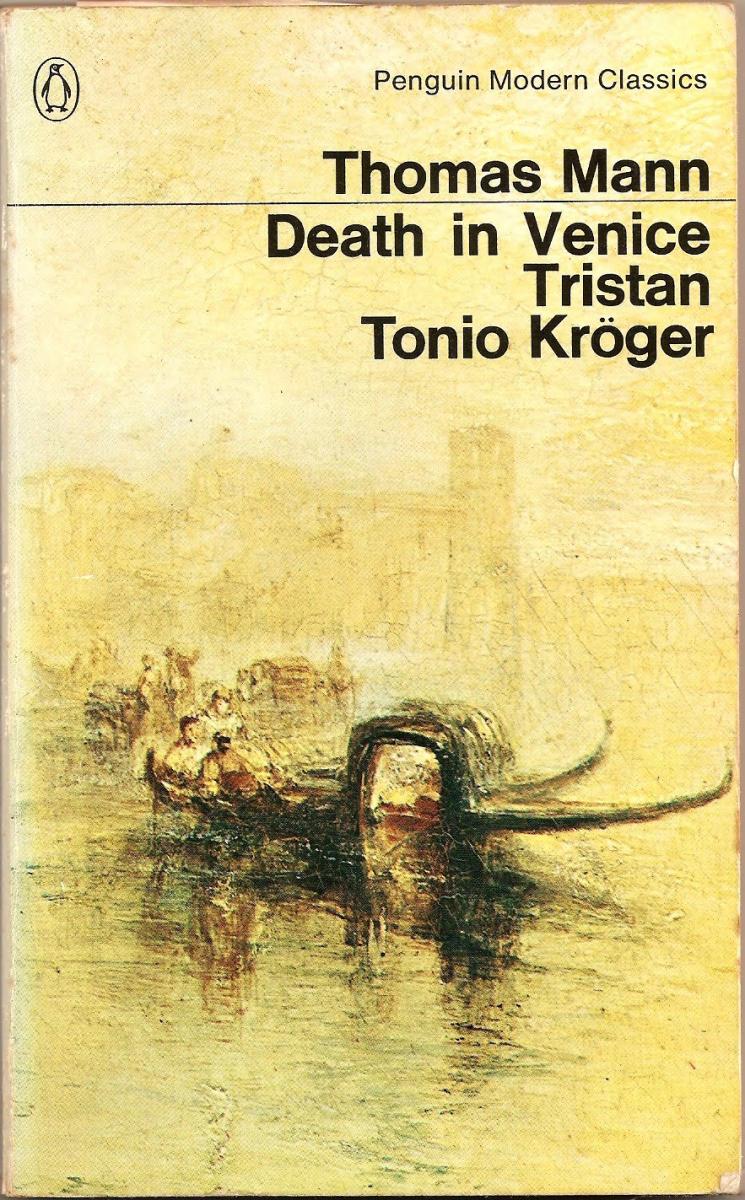Daybook: The Journey of an Artist
 Daybook: The Journal of an Artist by Anne Truitt
Daybook: The Journal of an Artist by Anne Truitt
Total Points: 1 (AO 1)
 Daybook: The Journal of an Artist by Anne Truitt
Daybook: The Journal of an Artist by Anne Truitt
Total Points: 1 (AO 1)
 Dead Souls by Nikolai Gogol (1842). Gogol’s self-proclaimed narrative “poem” follows the comical ambitions of Chichikov, who travels around the country buying the “dead souls” of serfs not yet stricken from the tax rolls.
Dead Souls by Nikolai Gogol (1842). Gogol’s self-proclaimed narrative “poem” follows the comical ambitions of Chichikov, who travels around the country buying the “dead souls” of serfs not yet stricken from the tax rolls.
 Death Comes for the Archbishop by Willa Cather (1927). Two French missionaries come to the vast and untamed deserts of New Mexico in 1851.
Death Comes for the Archbishop by Willa Cather (1927). Two French missionaries come to the vast and untamed deserts of New Mexico in 1851.
 Death in Midsummer and Other Stories by Yukio Mishima (1968). The diversity of this collection’s subject and form will surprise anyone who knows only Mishima’s legend, which he carefully created through an ascetic life and a failed attempt to ignite a bushido (samurai) movement in Japan—a move that ended with his ritual suicide in 1970.
Death in Midsummer and Other Stories by Yukio Mishima (1968). The diversity of this collection’s subject and form will surprise anyone who knows only Mishima’s legend, which he carefully created through an ascetic life and a failed attempt to ignite a bushido (samurai) movement in Japan—a move that ended with his ritual suicide in 1970.
 Death in Venice by Thomas Mann (1912). With a skillful use of classical allusion, Mann’s vaguely homoerotic novella describes an aging writer’s platonic infatuation with a beautiful young boy in Venice. Gustav von Aschenbach is a tragic idealist who has dedicated his life to the study and pursuit of high art and beauty.
Death in Venice by Thomas Mann (1912). With a skillful use of classical allusion, Mann’s vaguely homoerotic novella describes an aging writer’s platonic infatuation with a beautiful young boy in Venice. Gustav von Aschenbach is a tragic idealist who has dedicated his life to the study and pursuit of high art and beauty.
 Death of a Salesman by Arthur Miller (1949). A broken Everyman, Willy Loman is about to be fired from his job as a traveling shoe salesman. In response he clings to fantasies—that he is “well liked” and that his troubled sons, Hap and Biff, are bound for greatness.
Death of a Salesman by Arthur Miller (1949). A broken Everyman, Willy Loman is about to be fired from his job as a traveling shoe salesman. In response he clings to fantasies—that he is “well liked” and that his troubled sons, Hap and Biff, are bound for greatness.
 Death of the Fox (1971), The Succession (1983), and Entered from the Sun (1990), a trilogy by George Garrett.
Death of the Fox (1971), The Succession (1983), and Entered from the Sun (1990), a trilogy by George Garrett.
 Decline and Fall by Evelyn Waugh (1928). This hilarious send-up of the English code of honor begins with Paul Pennyfeather’s “sending down” (expulsion) from Oxford. Reduced to teaching at a fourth-rate school, he encounters wonderfully named characters, including Lady Circumference and Lord Tangent, who prove ripe for satire.
Decline and Fall by Evelyn Waugh (1928). This hilarious send-up of the English code of honor begins with Paul Pennyfeather’s “sending down” (expulsion) from Oxford. Reduced to teaching at a fourth-rate school, he encounters wonderfully named characters, including Lady Circumference and Lord Tangent, who prove ripe for satire.
 Deptford trilogy by Robertson Davies (1983). A single question—“Who killed Boy Staunton?”—hovers over this trilogy that begins when ten-year-old Percy “Boy” Staunton throws a rock-filled snowball at his friend Dunstan Ramsay. Instead he hits Mary Dempster, who soon gives birth, prematurely, to a boy with birth defects.
Deptford trilogy by Robertson Davies (1983). A single question—“Who killed Boy Staunton?”—hovers over this trilogy that begins when ten-year-old Percy “Boy” Staunton throws a rock-filled snowball at his friend Dunstan Ramsay. Instead he hits Mary Dempster, who soon gives birth, prematurely, to a boy with birth defects.
 Dirty Snow by Georges Simenon (1950). As this darkest of noirs opens, nineteen-year-old Frank Friedmaier, already a pimp, thug, and petty thief, has just become a murderer. What follows are searing portraits of the cruel and alienated young man who sees violence as a form of self-definition and the corrupt grim world that made him.
Dirty Snow by Georges Simenon (1950). As this darkest of noirs opens, nineteen-year-old Frank Friedmaier, already a pimp, thug, and petty thief, has just become a murderer. What follows are searing portraits of the cruel and alienated young man who sees violence as a form of self-definition and the corrupt grim world that made him.